Dark Souls
Into the heart of darkness.
In Miyazaki's game, generosity is always tempered by punishment. It's a lost art in video games today; designers so often press rewards into our hands for the least impressive feats imaginable. Here, success is hard won, and all the sweeter for it.
You play as an undead, although your avatar looks nothing like the Romero vision of a zombie. Banished to an asylum on a craggy island, soon after you're broken free of your cell and carried away by a giant crow to a place called Lodran, on a pilgrimage to rediscover your humanity. While this is a far more colourful game than Demon's Souls, the ambiance is peerless dark fantasy, its funeral dirge soundtrack offering a perfect accompaniment to the wild-eyed witches and warlocks that spurt nonsense dialogue as you roam Lodran's cliffs.
As in Demon's Souls, the primary currency is 'souls'. Killing enemies harvests souls, which can be spent in a variety of ways to upgrade both your characters' abilities and weapons. If you die in battle you are returned to the most recent bonfire you sat at, but your souls are dropped on the spot where you perished. Manage to return to them and you can pick up the deposit of souls, but die before they are collected and they'll disappear forever. In this way you have constant motivation to head back out to your previous failures.
Loot and development are, of course, key components to the game. Weapons degrade with use and must be carefully maintained by spending souls on their upkeep. But there are positive ways to interact with weaponry too, such as the chance to 'transmute' them into more powerful permutations, as well as to spend souls and collected shards on reinforcing your armoury. Bonfires, as well as providing sanctuary, act as ability shops where you can allocate precious souls to upgrading your character's various attributes.
It's a game filled with mystery. When choosing your character, you can choose a single 'gift' to improve your chances, such as the Goddess' Blessing (holy water that restores HP and status) or Binoculars (which allow you to view objects far in the distance). But there are also objects that appear to have no discernable benefit, their use no doubt revealed in the weeks and months following release as the community of players shares information.
Likewise, when you sit at a bonfire and choose to level your character, souls can be spent to upgrade familiar areas such as Vitality (increasing your character's health), or Endurance (increasing his stamina and resistance to bleeding). But there are also unfamiliar parameters - such as Humanity, which counts 'the number of black sprites in your bosom and symbolises your human nature'.
Collecting humanity shards is a key theme of the game, a counter in the top left of the screen indicating how many of these you have collected. However, die and the counter resets. How the mechanic works over the course of the game isn't explained in the first few hours of play, an obfuscation of rules that is unsettling, rare and somehow exciting. This is a game about the joys and horrors of discovery, a theme written into everything from the presentation to the underlying framework.
Whether this bold, unusual approach to game design works is entirely dependent on whether players feel the motivation to uncover these secrets and overcome their own failures. The relentless setbacks are intended to steel your resolve, not dissolve it; to educate and improve you, not merely dishearten. Dark Souls teeters on a knife edge between infuriating and compelling. Time will tell which way it falls, but either way, it's bound to take us with it.


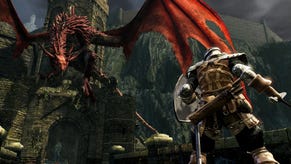
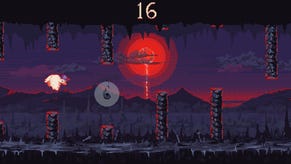
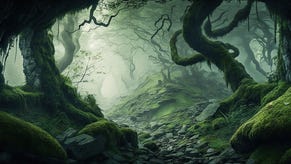
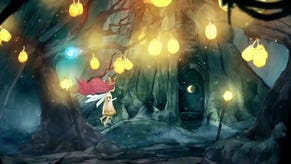
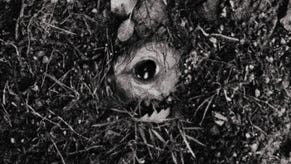




.png?width=291&height=164&fit=crop&quality=80&format=jpg&auto=webp)



